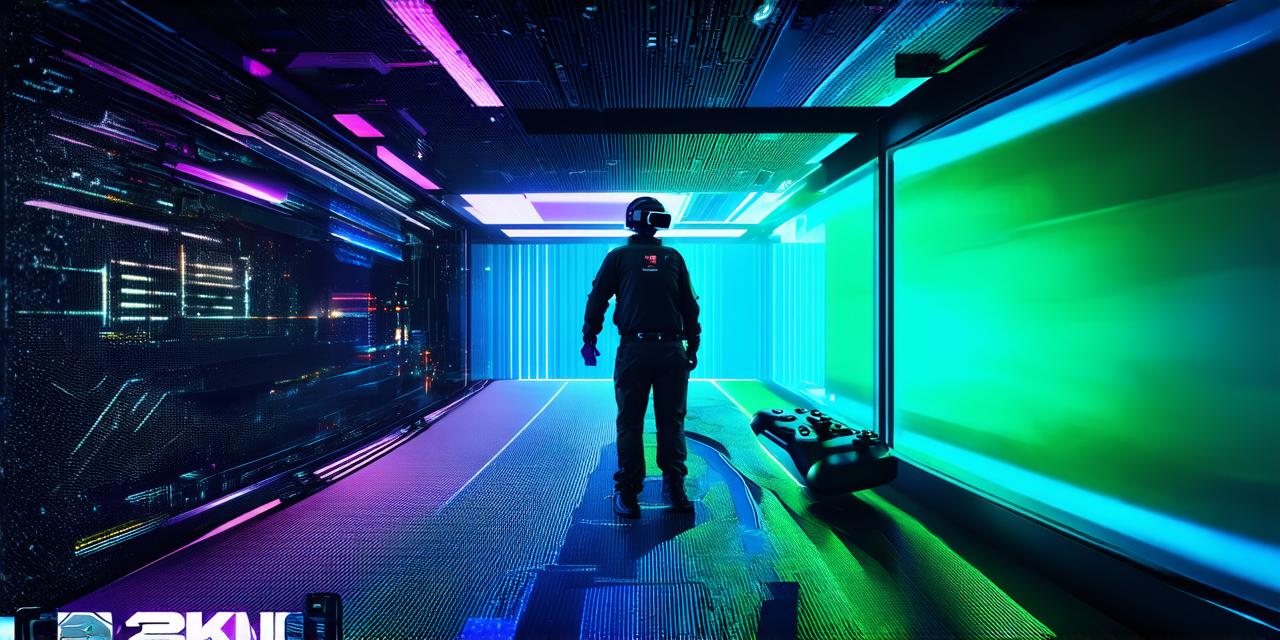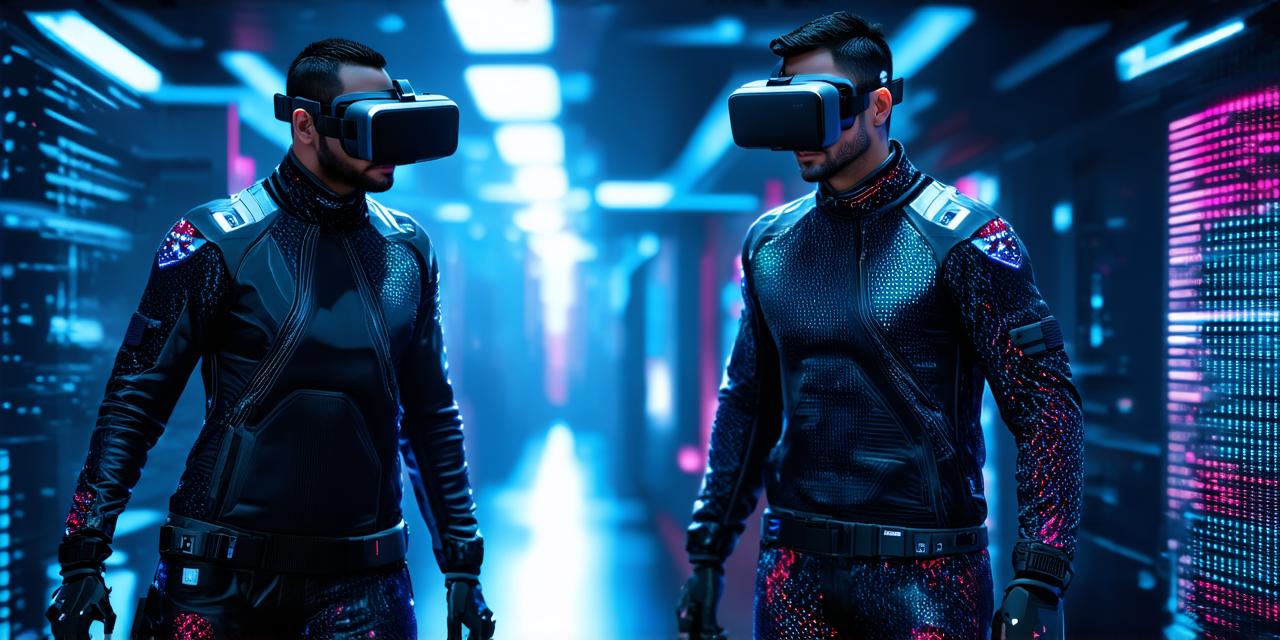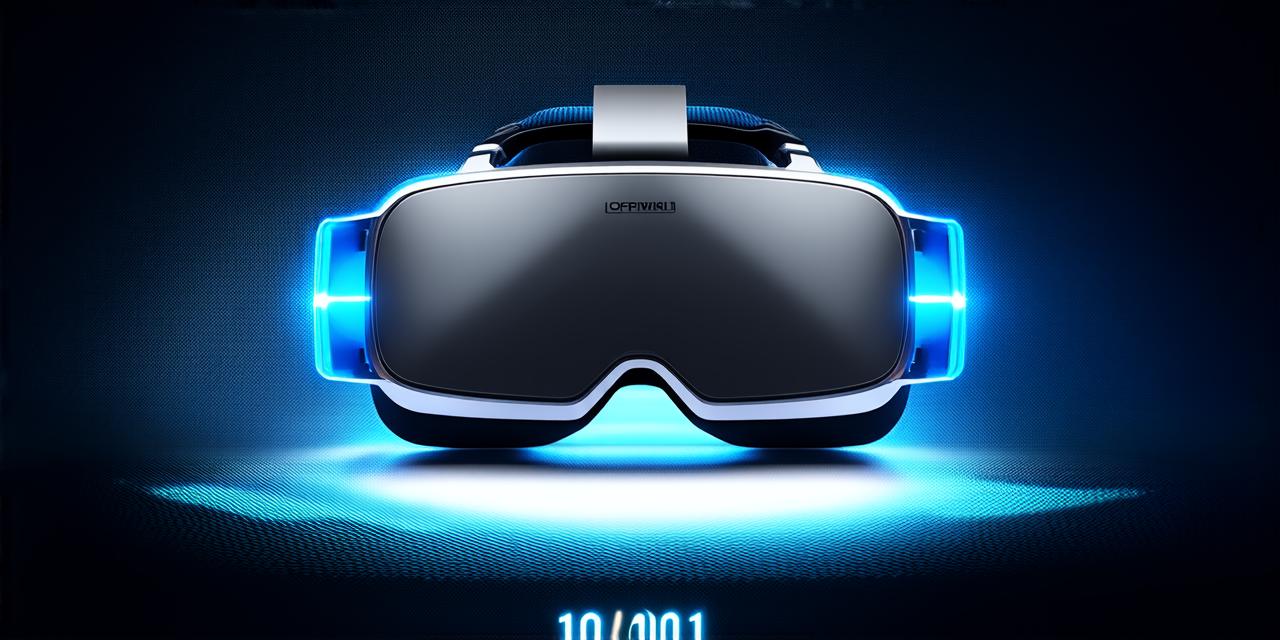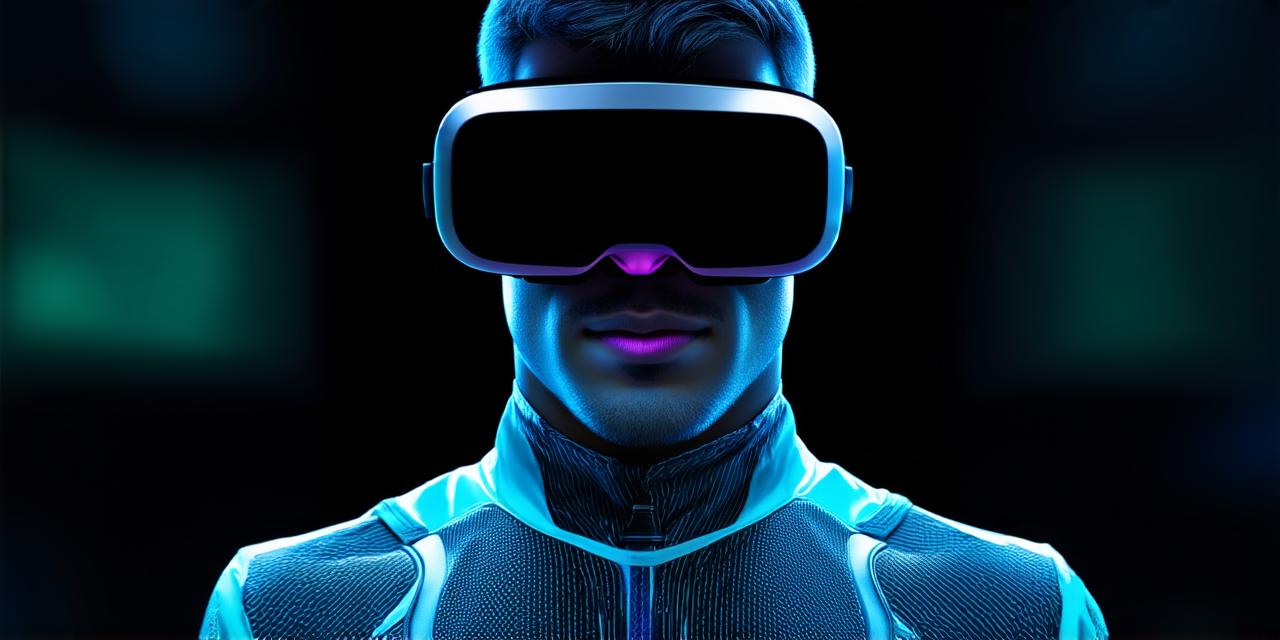Working in virtual reality (VR) requires a set of specialized skills and qualities that enable individuals to create and experience immersive digital environments. In this article, we will discuss the necessary skills and qualities for someone working in VR.
1. Technical Skills
Virtual reality technology is constantly evolving, and it requires individuals with technical skills to keep up with the latest trends and advancements. The following are some of the essential technical skills required for VR work:
- Programming: Individuals with programming skills can create custom software or modify existing software to meet specific needs. They can also develop algorithms that enable virtual environments to function efficiently.
3D Modeling: VR requires 3D models of objects and environments, and individuals with 3D modeling skills can create these models using software such as Blender or Maya.
Graphics Design: Individuals with graphics design skills can create visual elements that enhance the user experience in VR. They can also develop user interfaces for VR applications.
Hardware Management: VR requires specialized hardware, and individuals with hardware management skills can ensure that the equipment is functioning correctly and efficiently.
2. Creativity
Virtual reality provides a unique opportunity to create immersive experiences that engage users on a deeper level. Individuals working in VR must be creative thinkers who can come up with innovative ideas for virtual environments, characters, and objects. They should also have an eye for detail and the ability to execute their designs effectively.

3. Communication Skills
Virtual reality work often involves collaborating with a team of individuals with different skill sets. Effective communication skills are essential to ensure that everyone is on the same page and working towards the same goal. Individuals should be able to explain their ideas clearly and listen actively to feedback from others.
4. Adaptability
Virtual reality technology is constantly changing, and individuals working in VR must be adaptable to these changes. They should be open to learning new technologies and techniques and willing to modify their work processes as necessary.
5. Attention to Detail
Virtual reality experiences are immersive and can be overwhelming for users if they are not well-designed. Individuals working in VR must have an eye for detail and the ability to create environments that are both engaging and easy to navigate. They should also test their designs thoroughly to ensure that they are functioning correctly and efficiently.
In conclusion, working in virtual reality requires a combination of technical skills, creativity, communication skills, adaptability, and attention to detail. Individuals who possess these skills and qualities can create immersive experiences that engage users on a deeper level and push the boundaries of what is possible in digital environments.



